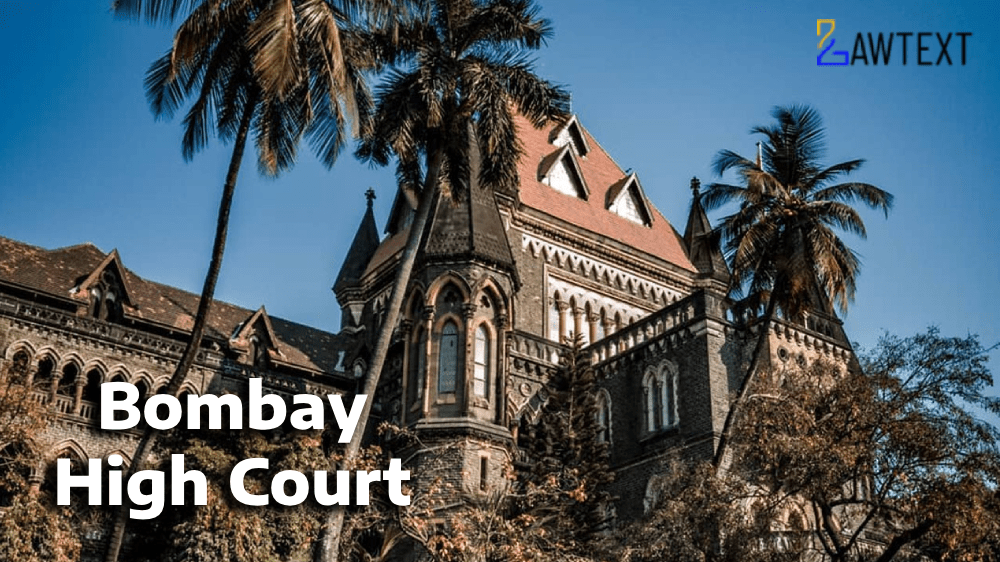CASE NOTE & SUMMARY
This judgment deals with two Income Tax Appeals (No. 511 of 2004 and No. 510 of 2004), involving the Industrial Development Bank of India (IDBI), amalgamated with United Western Bank Ltd., concerning the assessment years 1993-94 and 1994-95. The central issue revolves around the claim of deductions under Sections 36(1)(vii) and 36(1)(viia) of the Income Tax Act, 1961, regarding bad debts written off and provisions for doubtful debts.
Main Acts and Sections Discussed:
- Income Tax Act, 1961:
- Section 36(1)(vii): Deduction for bad debts written off as irrecoverable.
- Section 36(1)(viia): Deduction for provisions made for bad and doubtful debts, particularly for banks with rural branches.
- Section 36(2)(v): Relates to conditions for claiming deductions on bad debts.
-
Issues Framed:
- Whether the Appellate Tribunal was justified in rejecting the claim of the appellant for deductions amounting to ₹3.89 crore under Section 36(1)(vii) and 36(1)(viia)?
- Whether the difference between the amounts written off by rural branches and the provision for doubtful debts can be claimed as deductions without referring to specific calculations?
-
Factual Background (Para 3-4):
- IDBI (formerly United Western Bank) operates rural branches. For the years under consideration, IDBI wrote off bad debts and made provisions for doubtful debts under Section 36(1)(viia), claiming deductions based on these provisions.
-
Legal Contentions (Para 6-7):
- The appellant argued that Section 36(1)(vii) and Section 36(1)(viia) operate independently, allowing banks to claim deductions under both clauses separately, without curtailing one by the other.
-
Tribunal’s View (Para 6):
- The Tribunal denied the full deduction, restricting the appellant’s claim by reducing the amount of provision made for bad debts under Section 36(1)(viia) from the total amount of bad debts written off under Section 36(1)(vii).
-
High Court’s Decision:
- The Court ruled in favor of IDBI, holding that the deductions claimed under Section 36(1)(vii) (for actual bad debts) and Section 36(1)(viia) (for provisions) are independent. It emphasized that the appellant had correctly utilized the provisions from the previous year in calculating deductions for the current year.
-
Ratio (Para 14-19):
- The Court clarified that the provisions of Section 36(1)(vii) allow a bank to write off bad debts while Section 36(1)(viia) allows a bank to create provisions for bad and doubtful debts. Both provisions are independent, and claiming deductions under both clauses does not result in double deduction.
- The Court referred to earlier judgments such as the Kerala High Court's ruling in South Indian Bank Ltd. vs. CIT and the Bombay High Court's ruling in Citi Bank NA to support its decision.
Conclusion: The appeals were allowed in favor of IDBI, affirming the independence of Sections 36(1)(vii) and 36(1)(viia) and granting the appellant the right to claim deductions for both actual bad debts written off and provisions for doubtful debts without offsetting one against the other.
Subjects: Income Tax, Section 36(1)(vii), Section 36(1)(viia), Bad Debts, Provisions for Doubtful Debts, Banking Law, High Court Judgment, Tax Deduction Appeals
Citation: 2024 LawText (BOM) (9) 194
Case Number: INCOME TAX APPEAL NO. 511 OF 2004 WITH INCOME TAX APPEAL NO. 510 OF 2004
Date of Decision: 2024-09-19
Case Title: Industrial Development Bank of India Versus Deputy Commissioner of Income Tax, Spl. Range-I
Before Judge: G. S. KULKARNI & SOMASEKHAR SUNDARESAN, JJ.
Advocate(s): Mr. Mihir Naniwadekar a/w. Mr. Ruturaj H. Gurjar for the appellant. Mr. Subir Kumar a/w. Mr. Abhinav Palsikar for the respondent.
Appellant: Industrial Development Bank of India
Respondent: Deputy Commissioner of Income Tax, Spl. Range-I

